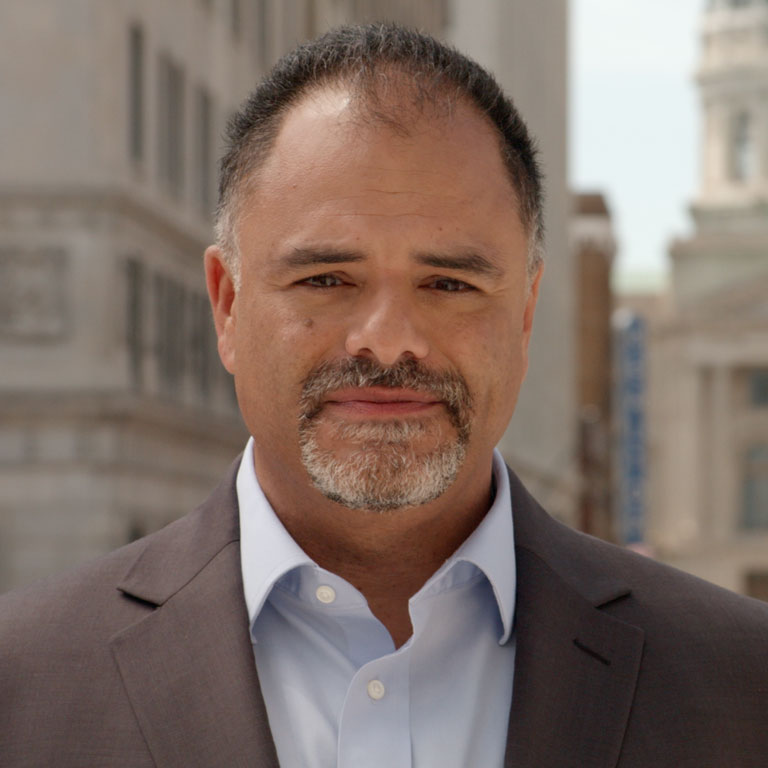Q&A with Edward Curtis IV, who is rebuilding scholarly communities after the pandemic
Edward Curtis IV, William M. and Gail M. Plater Chair of the Liberal Arts and professor of religious studies in the IU School of Liberal Arts at IUPUI, discusses the importance of the IUPAH cohort.
For him, it is a resource to connect with other academics which will allow the reconstruction of scholarly communities that have been disbanded during the pandemic.
Question: What are your career goals?
Answer: My career goal is to work with Arab, Black and Muslim American communities to create knowledge that transforms what we know about our shared past, knowledge that also changes the way we imagine what’s possible in the future. The knowledge products I create range from traditional scholarly books to film and digital archives.
Q: What is your greatest achievement as a scholar?
A: For me, it’s my 14 edited or single-authored books. As a kid, I remember wondering whether I was smart enough to write a book.
Q: What are your research interests?
A: Broadly speaking, I am interested in Black studies, Islam, U.S. history and Arab American studies. I began my career in the 1990s as a researcher on the history and practice of Islam among African Americans in the United States, and later expanded to include Africana religions and Muslim American studies more generally. In the last couple years, I have worked on Arab American history and life.
Q: What do you see as the importance of this fellowship and related project?
A: This fellowship is especially important in an historic moment of atomization. The pandemic accelerated the fraying of scholarly community, and this fellowship program works to counter that trend by building us back up. Being part of a cohort is the main attraction of this fellowship. I imagine that it will shape—maybe reshape—the project I have proposed: to write a comprehensive history of Arab America.


